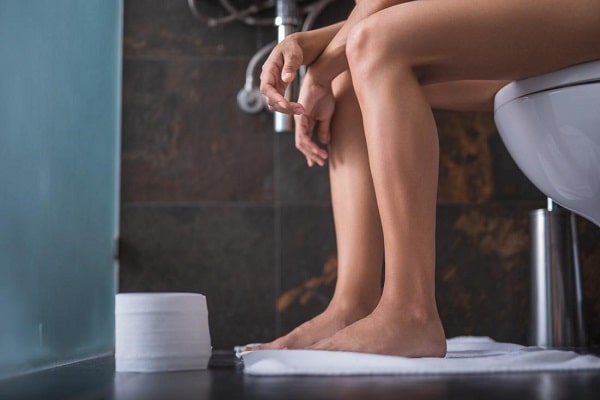
Your pee can say a lot about your health. Is yours normal? Here are 4 telltale signs you need to watch out for.
Urine is a by-product of human metabolism: when blood goes through the kidneys, the components that need to be eliminated from the bloodstream stay there and leave the body through urination.
Healthy urine mirrors your body’s composition. As such, it’s composed by 95% water, and 5% other compounds. The latter include inorganic salts, ammonia, creatinine, urea and others.
Since urine is closely tied to the metabolism, changes in your urine can show how your health is doing. Sudden changes in color, pain or concentration can be the first sign of internal issues. Some common signs are:
If you notice any of the above for more than 24 hours, it’s important to consult with your doctor. Often times your urine can be the first sign of more serious conditions and your physician will be able to stop further complications in time.
Visible blood in your urine is called hematuria [2], and it can be a sign of many health conditions. In general, you’ll want to consult with your doctor whenever you suspect there’s blood or have seen blood in your pee.
Blood can be the result of an undiagnosed UTI (Urinary Tract Infection) or an enlarged prostate. More serious conditions that also cause hematuria are tumors (cancerous and non-cancerous), as well as kidney or bladder stones. Your regular physician will run a urine test to determine the cause of the bleeding.
In general, you want to aim for light-colored, clear pee. This usually means you’re healthy. Nevertheless, “cloudy” urine isn’t usually a cause for concern [1]. In most cases, it means you’re not drinking enough water: dehydration causes your pee to concentrate and it doesn’t appear clear anymore.
Other causes for cloudy urine are UTIs, sexually transmitted diseases, prostate issues and diabetes. If the cloudiness doesn’t go away after drinking water, or you have other symptoms, talk to your doctor.
If you’re healthy, your pee should range from light yellow to dark amber. The smell should be mild and not pungent.
Changes in your urine’s color and smell, although alarming, are fairly common and usually harmless. Because your kidneys are meant to filter your blood, certain foods and medications quickly change the color of your urine. However, some changes can show health issues, especially if you haven’t eaten specific foods or medications. Here are some common (and not so common) changes in your pee:
Some color changes in your urine might indicate other issues [3]:
Urinating should be a pain-free process. However, many people experience some kind of pain or burning on a regular basis. This isn’t normal and you should consult with your doctor as soon as this happens.
In many cases, painful urination is caused by a urinary tract infection. Other common causes are inflammation (of the vagina or the urethra), STIs, kidney stones and prostate disease.
If you don’t have other medical issues, allergies and irritation can also cause painful urination. Think back and try to remember if you recently switched soaps (body and laundry).
Keeping tabs on your urine is an easy way to check your health. However, don’t stress if something changes. Minor variations are normal and usually disappear in a couple hours.
Nevertheless, if you’re at all concerned about unexpected changes in your urine or you’re in pain, consult with your doctor as soon as possible. A trained medical professional will be able to diagnose your problem and halt any serious issues.
0 comments